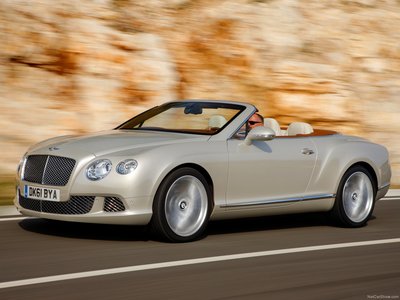US Car Tariffs Bad For Foreign Convertible Importers
June 22, 2018 Paul Lienert, Edward Taylor writing for Reuters reported that in the years before he became president of the United States, Donald Trump owned luxury German cars. Now, pricey European convertibles are among the vehicles that could become rare on American roads if Trump’s proposal to slap tariffs on imported cars takes effect.
On Friday, Trump threatened to impose a 20 percent import tariff on all European Union-assembled vehicles, a move that could upend the industry’s current business model for selling cars in the United States.
“The tariffs, if they materialize, would call into question the business case for many niche models we currently sell in the United States,” a senior executive at one carmaker told Reuters on Friday. “Convertibles are a particular headache. With Brexit and U.S. tariffs, this market could shrink further.”
The executive said convertibles may not disappear if car makers can forge alliances to share production costs, or design vehicles that are less expensive to build alongside high-volume models.
Because of high pollution and scorching sunshine, convertibles are not selling in Asia, leaving the United States, Britain and Germany as the largest potential growth markets. Potential tariffs between the EU and Britain after Brexit and yet more tariffs between Europe and the United States will shrink the market further, auto executives fear.
German automakers BMW AG, Daimler AG and Volkswagen AG operate assembly plants in the southeastern United States. Those plants concentrate on building high-volume models, mainly SUVs and crossovers and some sedans. But they lack the flexibility to quickly and inexpensively shift production from one model to another in response to rapidly shifting tariff threats, industry experts said.
“The tariff discussion highlights why this flexibility is necessary,” said Ron Harbour, a manufacturing consultant with Oliver Wyman. “Those that don’t have it will suffer.”




